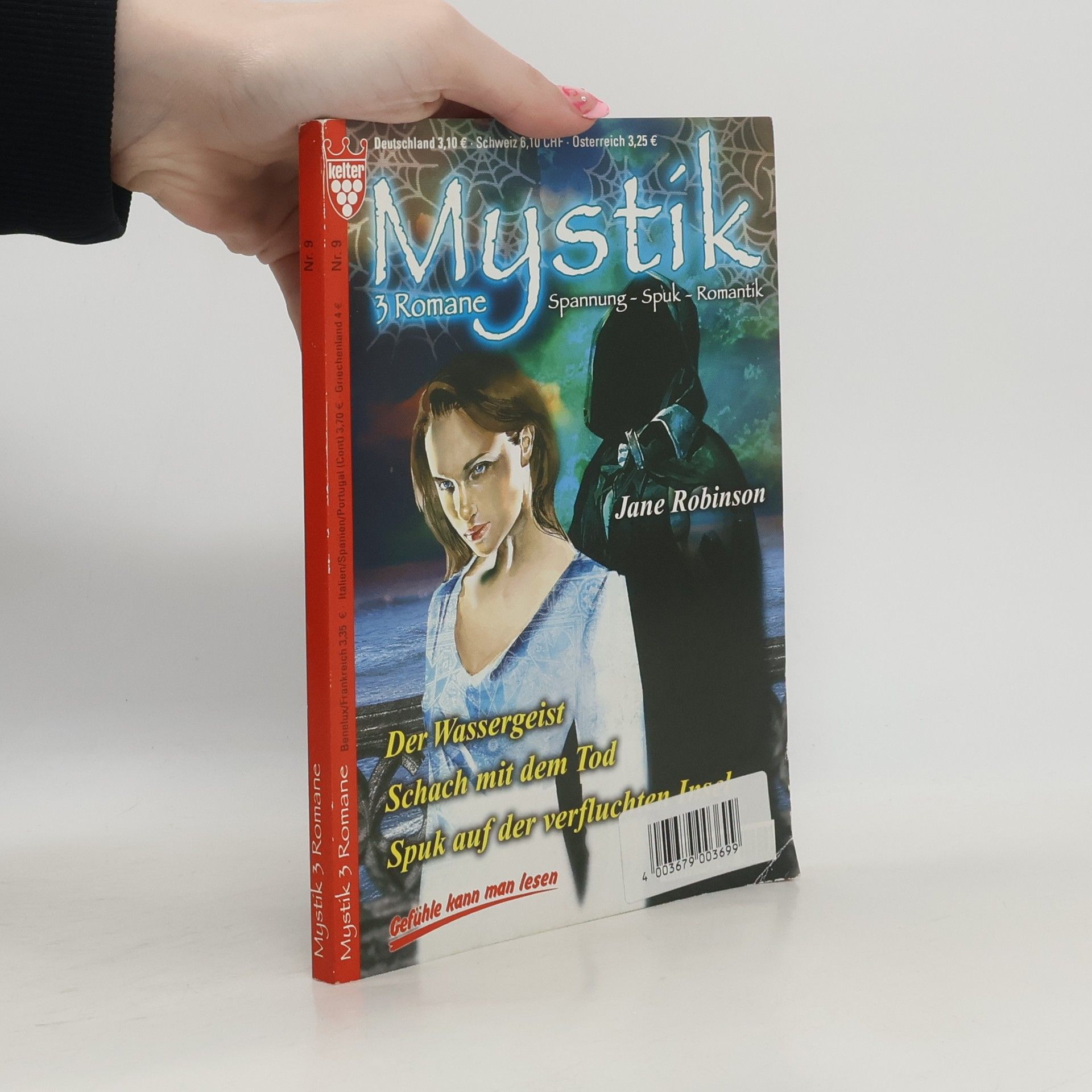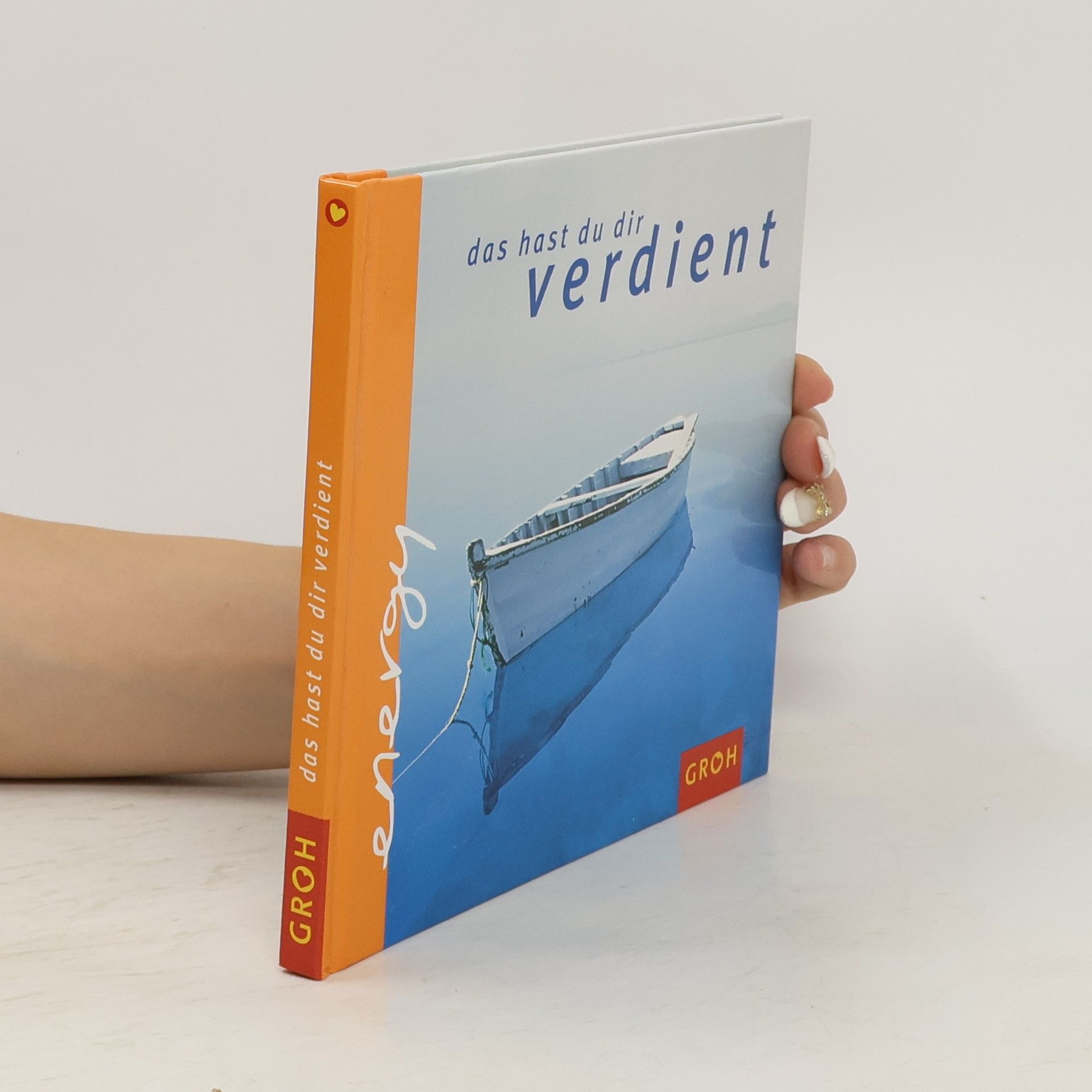Das hast du dir verdient
- 48 Seiten
- 2 Lesestunden
Dieser Künstler, der unter dem Pseudonym Robinson arbeitete, war ein deutscher Illustrator, der die Architektur New Yorks mit außergewöhnlicher Präzision festhielt. Sein charakteristischer „Röntgen“-Stil enthüllte Gebäude sowohl von außen als auch von innen und bot einen intensiven, detaillierten Blick auf die Skyline und die Stadtviertel. Seine Werke bieten eine einzigartige Perspektive, die die städtische Landschaft durchdringt und ihre zugrunde liegende Struktur offenlegt. Seine akribischen und genauen Stadtansichten zeugen von einem tiefen Verständnis der gebauten Umwelt.






Wie man mit ein wenig Mut und Willenskraft seine Ziele erreicht!
Concise historical introduction to Josephine Butler and her continuing influence on the world and how we see it.
It is a myth that the First World War liberated women. The Sex Disqualification (Removal) Act of 1919 was one of the most significant pieces of legislation in modern Britain. It should have marked a social revolution, opening the doors of the traditional professions to women who had worked so hard during the War, and welcoming them inside as equals. But what really happened? Ladies Can't Climb Ladders focuses on the lives of pioneering women forging careers in the fields of medicine, law, academia, architecture, engineering and the church. In her startling study into the public and private worlds of these unsung heroines, Jane Robinson sheds light on their desires and ambitions, and how family and society responded to this emerging class of working women. This book is written in their honour. Their shared vision, sacrifice and spirited perseverance began a process we have yet to finish. Their experiences raise live questions about equal opportunity, the gender pay gap, the work/life balance - and whether it is possible for women to have it all.
The second eco-poetry collection from award-winning poet Jane Robinson explores themes of nature and environmental consciousness. Building on her acclaimed debut, this collection showcases her unique voice and perspective, delving into the intricate relationship between humanity and the natural world. Through evocative imagery and poignant language, Robinson invites readers to reflect on ecological issues and the beauty of the environment.
'Jane Robinson is brilliant at putting the women back into history and her biography of Barbara Leigh Bodichon, a Victorian feminist we should all be grateful to, is as entertaining as it is necessary.' - Daisy Goodwin You have probably not heard of Barbara Leigh Smith Bodichon but you certainly should have done. Name any 'modern' human rights movement, and she was a pioneer- feminism, equal opportunities, diversity, inclusion, mental health awareness, Black Lives Matter. While her name has been omitted from too many history books, it was Barbara that opened the doors for more famous names to walk through. And her influence owed as much to who she was as to what she did- people loved her for her robust sense of humour, cheerfulness and indiscriminate acts of kindness. This is a celebration of the life of the founder of Britain's suffrage movement- campaigner for equal opportunity in the workplace, the law, at home and beyond. Co-founder of Girton, the first university college for women, a committed activist for human rights, fervently anti-slavery, she was also one of Victorian England's finest female painters. Jane Robinson's brilliant new book shines a light on a remarkable woman who lived on her own terms and to whom we owe a huge debt.
Ovdovělá mladá žena se vrací na rodný zámek. Na každém kroku zde naráží na nevysvětlitelné záhady. Pak jí neznámý ženský hlas ve snu řekne, že jejich rozluštění může najít ve staré rodinné kronice...
Ovdovělý skotský lord se chce znovu oženit s krásným venkovským děvčetem. Přivedl ji na svůj zámek, aby se tu mohla připravit na svou budoucí roli šlechtické manželky. Mladá dívka je však na zámku nešťastná a nejraději by odtud utekla. Z vody se totiž vynořuje přízrak a ohrožuje obyvatele zámku…